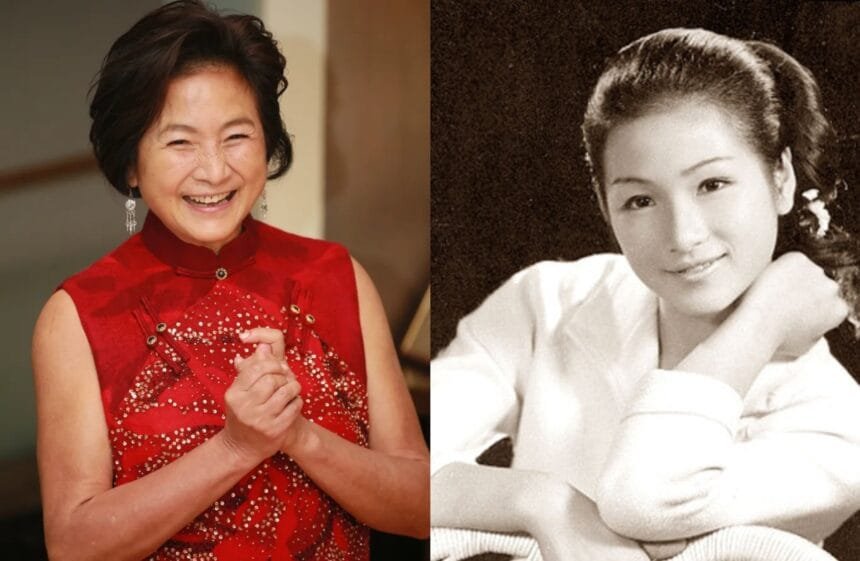Actress Diagnosed with Atypical Parkinson’s Disease in 2019
According to foreign media reports, actress Cheng Pei-pei was diagnosed with atypical Parkinson’s disease in 2019. She chose to donate her brain for medical research after her death.
Importance of Brain Donation for Atypical Parkinson’s Research
Xie Songcang, chairman of the Taiwan Brain Bank Association and a doctor at National Taiwan University, said that the pathological mechanism of atypical Parkinson’s disease is different from that of general Parkinson’s disease. At present, there is still a lack of treatment methods, so the brain bank urgently needs atypical Parkinson’s cases for further research and development of related drug treatments.
Cheng Pei-pei’s Cause of Death
US media Variety reported that Cheng Pei-pei died in San Francisco. The cause of death was atypical Parkinson’s syndrome, also known as corticobasal degeneration (CBD). This is a rare disease with symptoms similar to Parkinson’s disease, but current treatments cannot slow its progression.
Cheng Pei-pei’s Family on Her Decision
Her family said she chose not to publicize her condition and spent the rest of her life with her four children and grandchildren. They also revealed her decision to donate her brain for medical research.
Taiwan Brain Bank in Need of Atypical Parkinson’s Cases
The Taiwan Brain Bank was formally established last year. Xie Songcang, a representative of the brain bank and an attending physician in the Department of Neurology at National Taiwan University Hospital, was interviewed about the matter. He said that Cheng Pei-pei’s donation was touching.
Atypical Parkinson’s Requires Different Treatment Approach
Atypical Parkinson’s disease can also have related motor symptoms, but using Parkinson’s disease drugs is not ideal. This is because atypical Parkinson’s may be a subtype or even a completely different disease. It is necessary to perform a neuropathological autopsy after the patient’s death to understand the specific type of the disease.
Importance of Brain Donation for Developing Treatments
Xie Songcang pointed out that atypical Parkinson’s disease is a case that the brain bank hopes to receive very much. The treatment of typical Parkinson’s disease is generally good, but the treatment of atypical Parkinson’s disease is still full of challenges. If there is no detailed pathological study after death, it is impossible to develop drugs to allow these patients to receive good treatment.
As for the situation of the brain bank in Taiwan, Xie Songcang said that a total of 5 donations have been received so far. The most recent of which is a case of multiple system atrophy, a type of atypical Parkinson’s disease. Others include motor neuron disease, cerebellar atrophy, congenital neurodevelopmental disorders, etc., with ages ranging from 40 to 60 years old. At present, there are about 20 people who have signed up to donate their brains, including ordinary people without any special diseases.
Source (1)

















